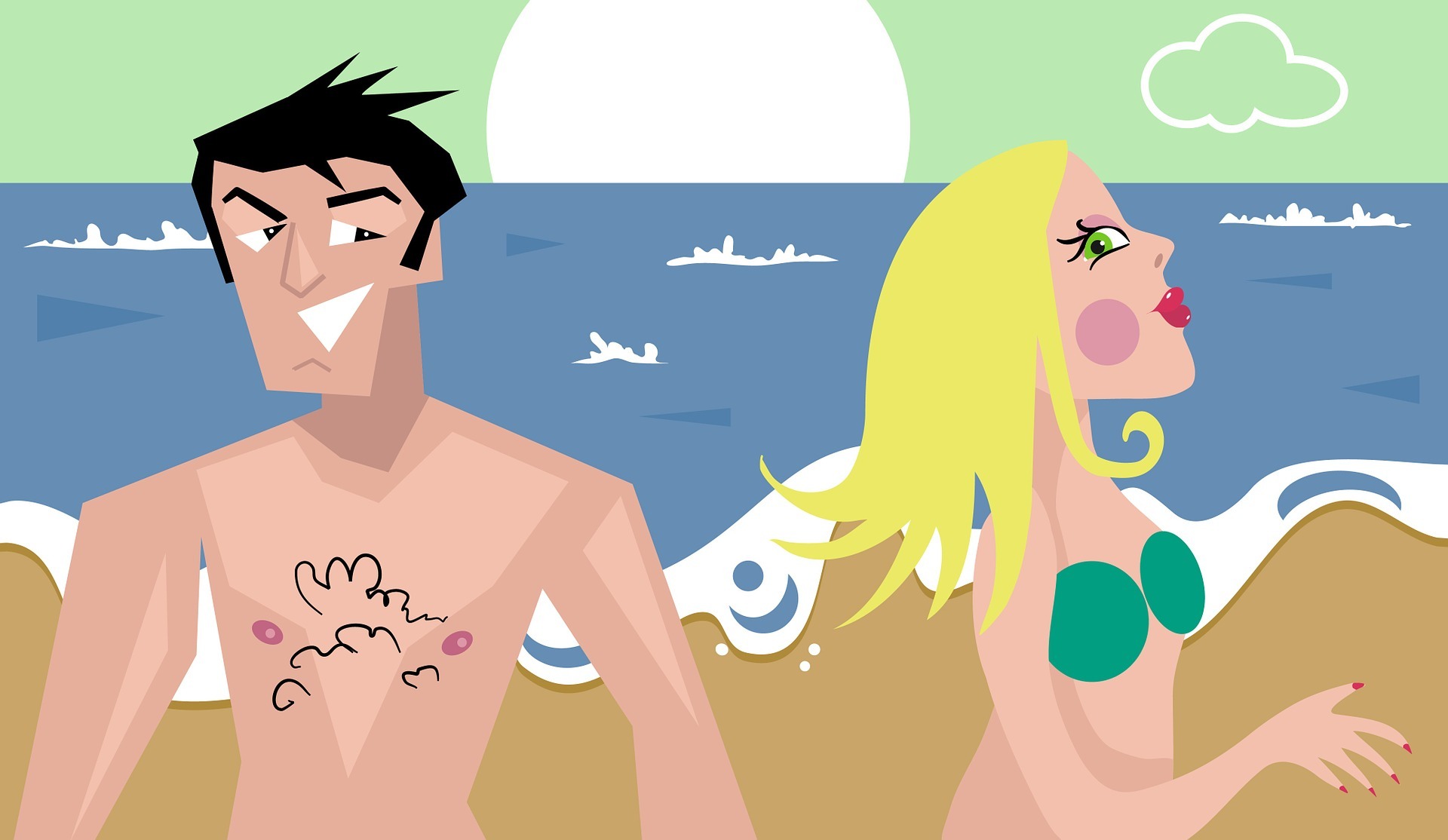Italian, like French, has a reputation for being a language of love, and you will often hear it said that Italians (or the French), are the world’s best lovers.
Italian men, at least, seem to have a reputation for being forward and flirtatious. Indeed, Lonely Planet’s Italian phrase book has a section on pick-up lines – Ti posso portare a fari un giro (in moto) … Can I take you for a ride (on my bike) – and how to reject unwanted advances, my favourite one being Il tuo ego è fuori controllo – Your ego is out of control.
Italian has two “to be” verbs, essere and stare. According to the above mentioned phrase book, the former is generally used to describe ongoing characteristics (like ser in Spanish and Portuguese) and the latter describes temporary states or locations (like estar in Spanish and Portuguese). Here is how they are conjugated
Subject pronoun essere / stare English translation
io sono / sto I am
tu sei / stai you are (informal)
Lei (capitalised) è / sta you are (formal)
lui / lei è / sta he / she / it is
noi siamo / stiamo we are
voi siete / state you are (plural)
loro sono / stanno they are
See the post Hey you! Which ‘you’ should you use? for explanations on when to use tu and Lei. It is pretty much the same as in French, Portuguese and Spanish.


2 comments
No, it’s not Alan’s style. I’ll have to find the Italian equivalent of Uriah Heap for him haha
Reblogged this on My Five Romances and commented:
Reblogged to coincide with the Italian Film Festival taking place around Australia